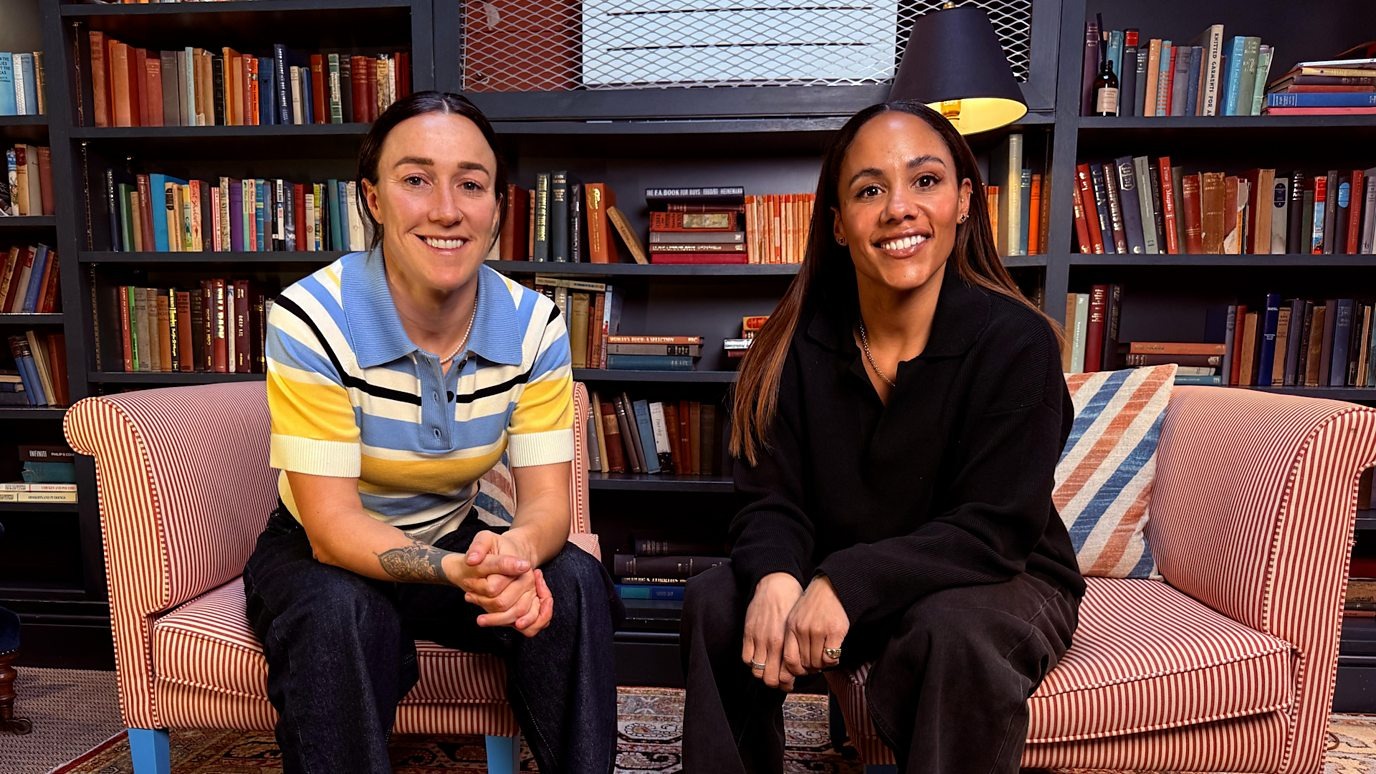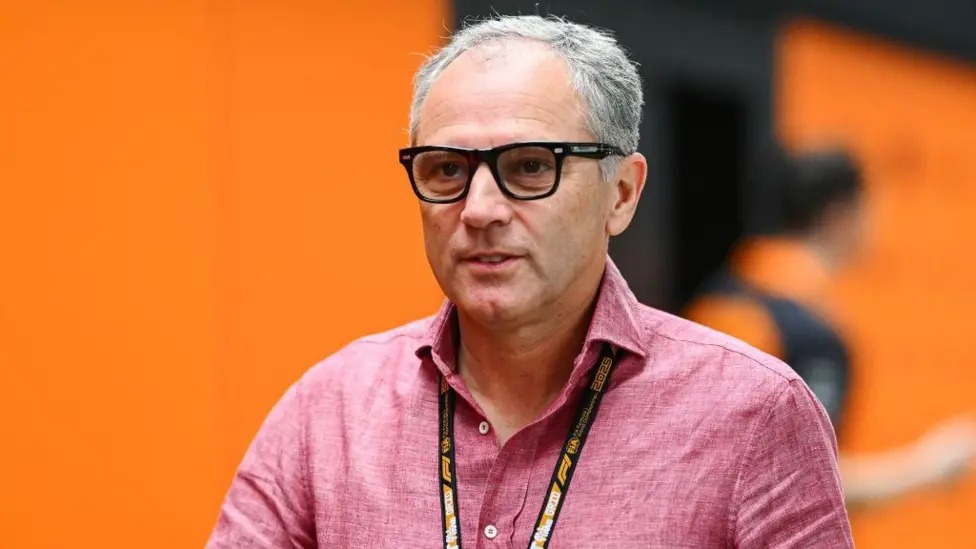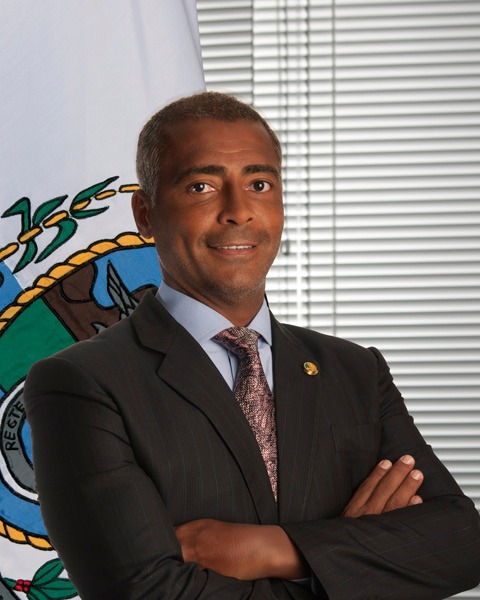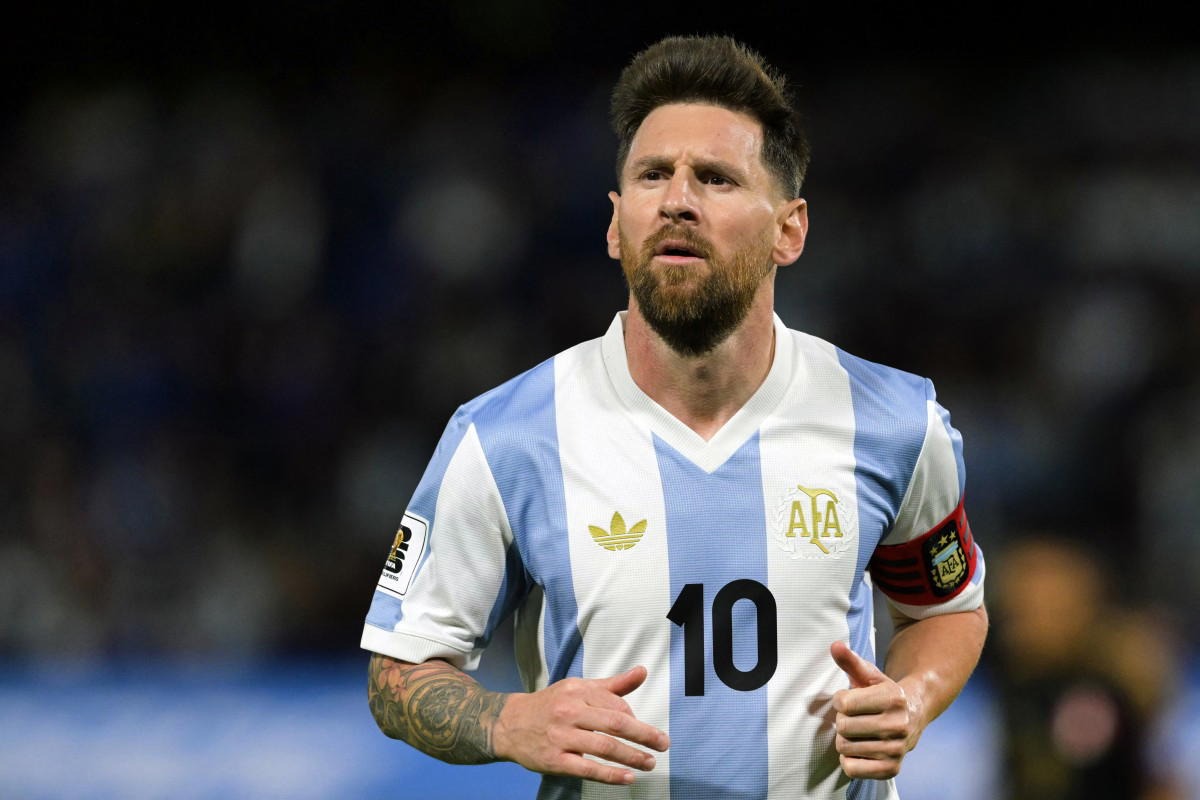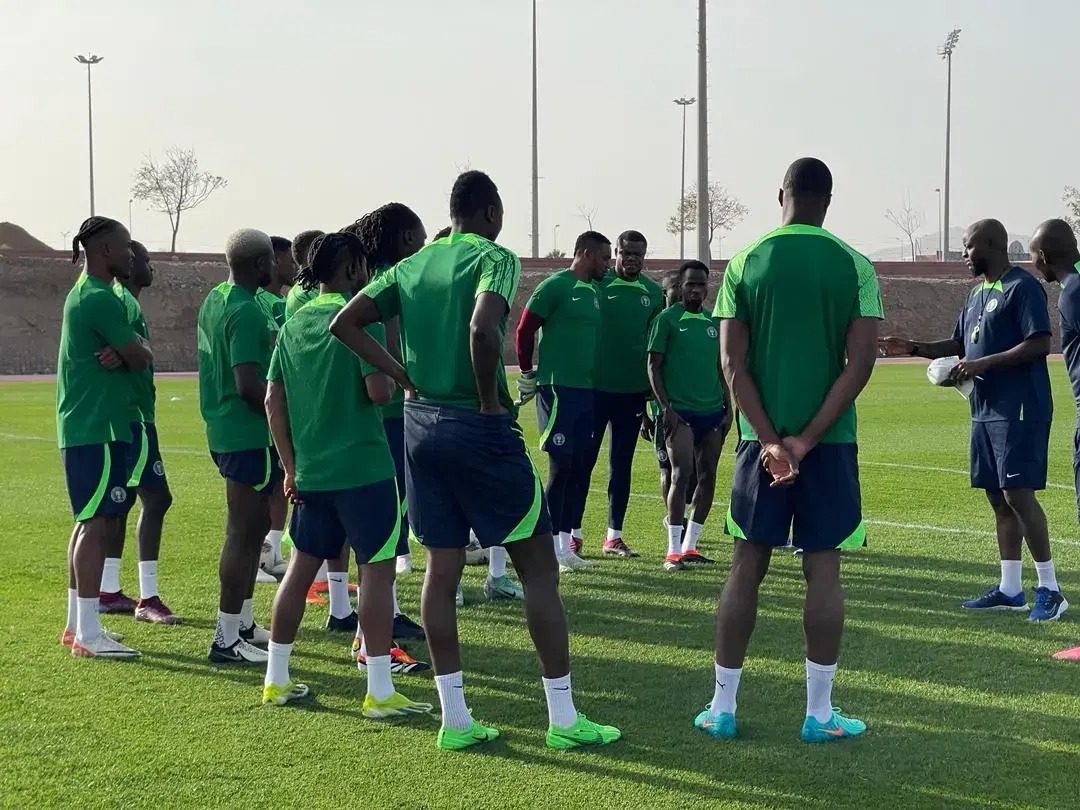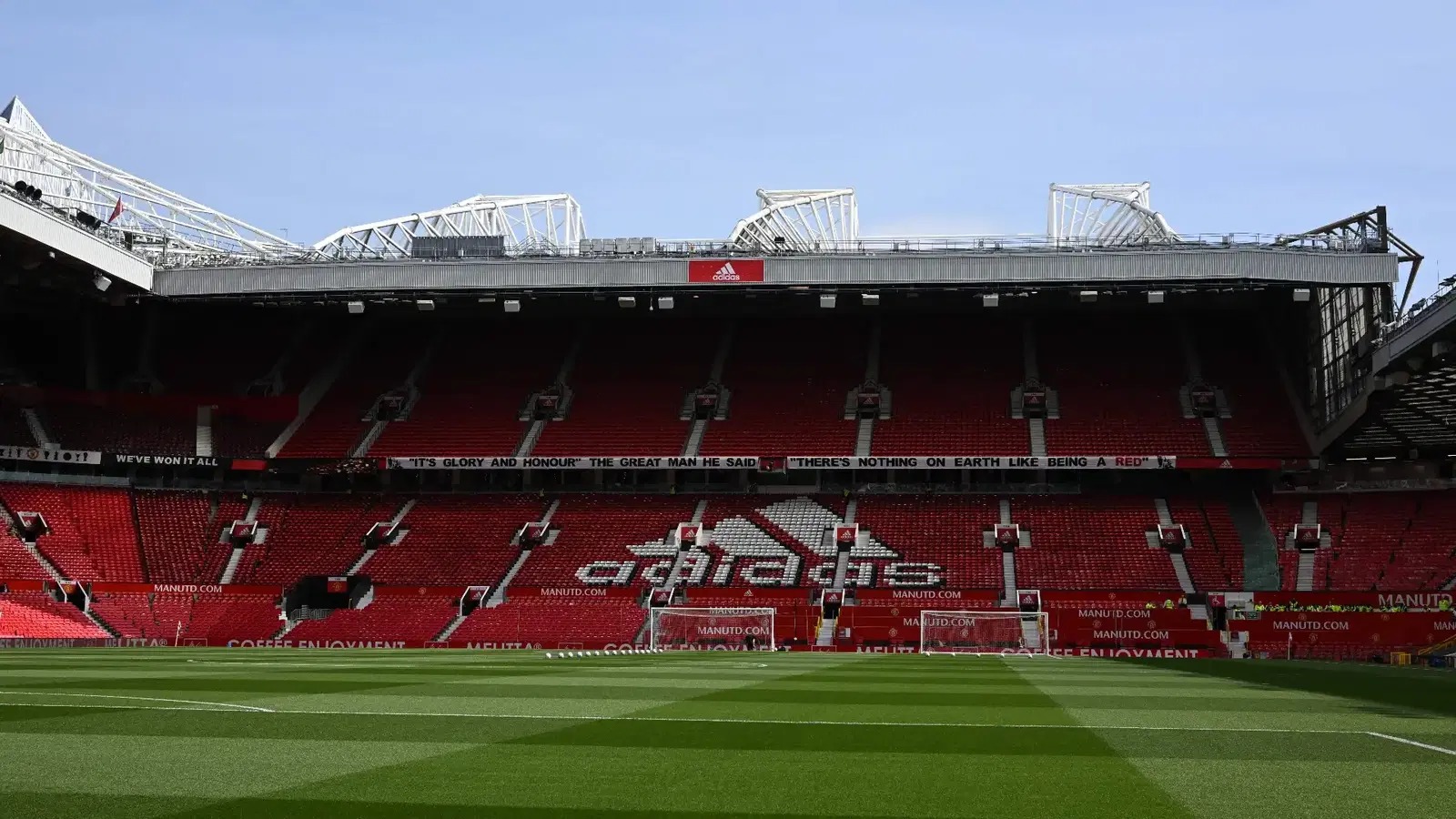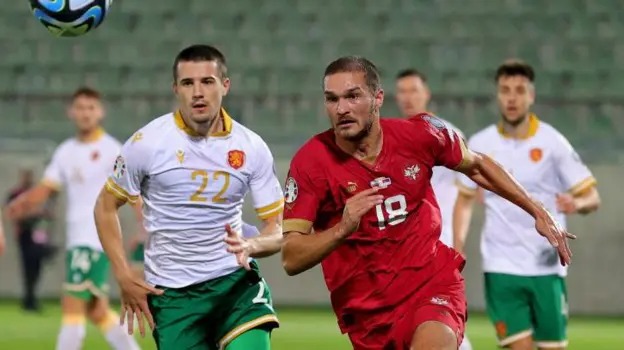Lucy Bronze always knew she was different.
When she was growing up, the England international, who has won almost every accolade in women’s football, attempted to copy her team-mates’ behaviour in order to fit in.
The 2019 Ballon d’Or runner-up has since enjoyed outstanding success both at home and abroad, winning 22 major trophies while representing Liverpool, Manchester City, Lyon, Barcelona and Chelsea.
A Euro 2022 winner and 2023 World Cup runner-up with England, the 33-year-old is an inspiration to millions of young players and fans. But stats and honours aren’t the only things that make a person.
Her mum had long suspected she may be autistic, but it wasn’t until four years ago that Bronze was officially diagnosed as having autism, external and ADHD , external(attention deficit hyperactivity disorder).
Speaking exclusively to BBC Sport before Neurodiversity Celebration Week, Bronze opened up for the first time about her diagnoses and the impact they have on her life on and off the pitch.
‘I saw things differently to others’
Although Bronze was only diagnosed as autistic in 2021, the news did not come as a huge surprise to her.
“It was something I always knew about in a way,” she says. “My mum had spoken about it from a very young age and noticed things in me.”
At school her condition manifested itself in her struggle to read and spell, and she was diagnosed with dyslexia.
Since childhood Bronze has struggled to sleep, something a sleep expert suggested could be remedied by writing in a journal before bed.
“I’d end up writing a book then,” Bronze says with a smile. “My brain is like 100mph, even when laying in bed.”
Bronze struggles to make eye contact with people during conversation, while her habit of touching her hair during games has been noticed by team-mates and fans alike.
“People think ‘she’s always messing about’, but that’s just me calming myself down without even realising it,” reflects Bronze.
It was during a Lionesses training camp that Bronze learned she had ADHD and autism.
“It didn’t change anything essentially, but it was a bit of an eye opener,” Bronze says.
“I just learned more about myself, understood why in certain situations I saw things differently to other people or acted in a different way to other people.
“Getting to sit down and actually speak through my traits and how it affects me, situations that make me feel good or bad, that was the thing that really clicked in my head and made me feel so much better.”
‘I couldn’t speak to anyone’
Bronze describes how she “copied the behaviour of others” all through her 20s to mask her autism.
The National Autistic Society defines masking as a strategy used to “consciously or unconsciously appear non-autistic”, in an attempt to ‘fit in’ in a neurotypical society.
It can have devastating impacts on mental health, sense of self and access to an autism diagnosis.
“When I first joined up with England I could not speak to anyone,” Bronze says.
“[I remember] Casey Stoney said to me, ‘You’ve never looked me in the eye when speaking to me’, and I was like, ‘It’s not because of you, it’s me’.
“I would watch Jill [Scott] and how she speaks to people. I thought I’d copy her a bit. I’m better at it now but I feel a bit uncomfortable sometimes.
“Hugging people, making eye contact when you speak, those two things I had to learn because they’re seen as the norm, and I found them so difficult.”
Luckily for Bronze, she has always had friends and family around her who understood what makes her feel uncomfortable.
“I’ve got to a point now where people know I don’t like hugs, so they don’t judge me for not doing it,” she adds.
“Before it was so frustrating because I felt I had to do that to make other people feel comfortable, but it made me feel more uncomfortable.
“It’s important for everyone to understand the differences in people.”
‘I’m obsessed with football – training is amazing for me’
Bronze has found that some of her differences have been her strengths.
“How I process things, being super-focused. People always say, ‘Oh, you’re so passionate about football’,” Bronze says.
“I don’t know if I’d say I’m passionate, I’m obsessed. That’s my autism, it’s my hyper-focus on football.”
As someone who started playing senior football at 16, it is remarkable that Bronze is still performing at the highest level at 33.
She says she partly has autism to thank for her longevity.
“Something that is really good for ADHD and autism is exercise. Having that focus, something to do, keeping moving,” she says.
“Training every day is amazing for me. Some of the other girls will be like: ‘Are you sure you’re 33 because you don’t stop?’ All the things I have because of autism have worked in my advantage.”
‘It’s about getting rid of the stigma’
Bronze says that “a diagnosis is not going to change who you are, but understanding who you are is such a good thing”.
She has become an ambassador for the National Autistic Society to help with “raising awareness” and “getting rid of the stigma” around it.
“There were times in my life where things might have been easier for me if there wasn’t a stigma, if I felt I could be more open about it,” Bronze says.
“Being misunderstood when you’re younger is so difficult, which is why I wanted to join the charity.”
Bronze says football has helped her, giving her something to focus on every day and the chance to be constantly active. But what happens when she retires?
“People say they’re worried about what I’ll do when I don’t have football, but I’ll find something else,” she says.
“Even now with football, my head is everywhere with it because I’m so obsessed.
“Not even just playing but the boardroom, the coaching, the physios. I’m obsessed with it all.”
